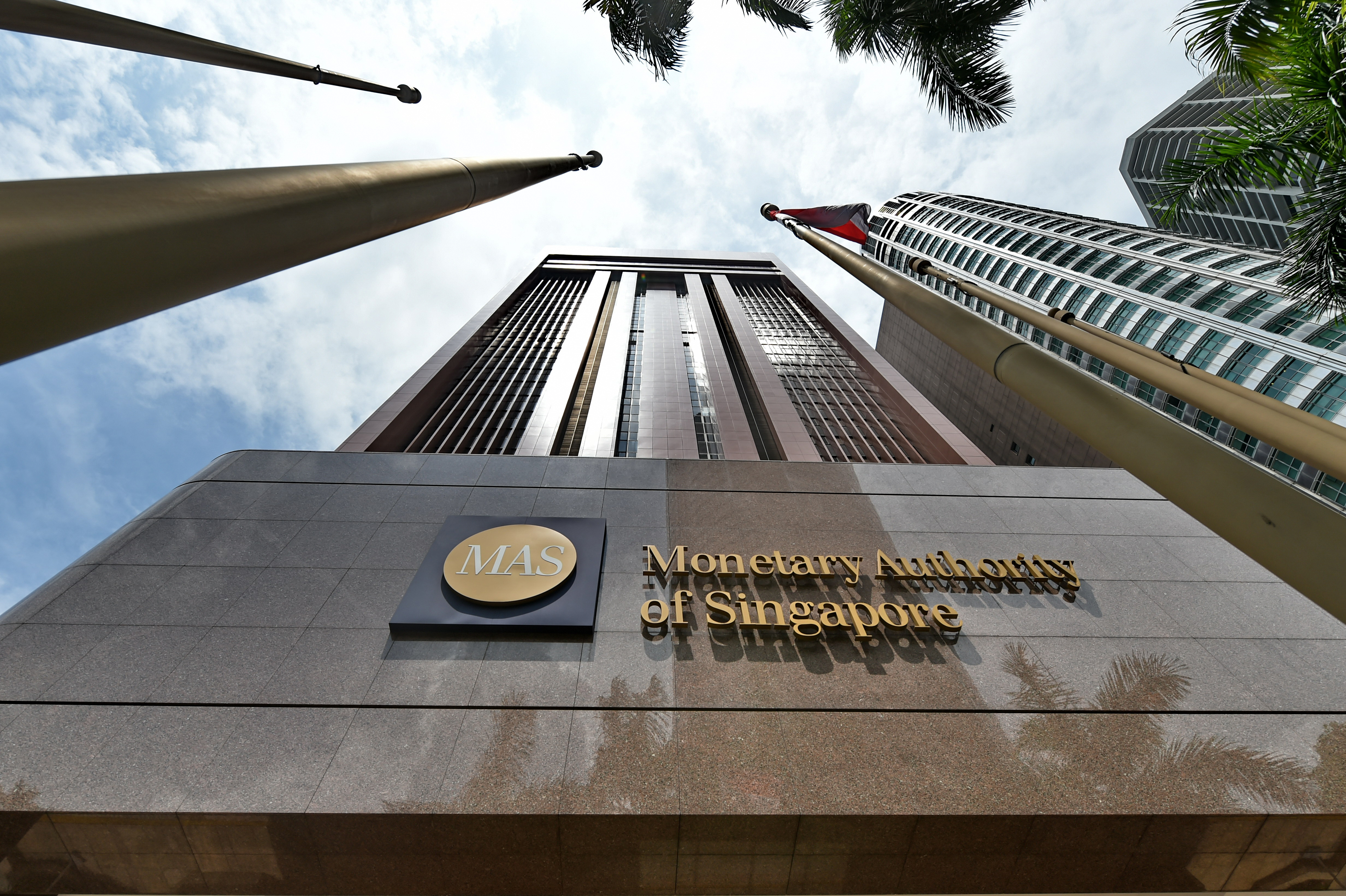A general view shows the Monetary Authority of Singapore (MAS) building in Singapore on April 14, 2016. (AFP Photo/Roslan Rahman)
Following the increase in initial coin offerings (ICOs) as an avenue for fund raising in the country, Monetary Authority of Singapore (MAS), Singapore’s central bank announced that it will be regulating only selected ICOs that are categorised as securities.
In a statement released by MAS on August 1, it said that ICOs are open to risks such as money laundering and terrorist financing as the transactions are mostly anonymous and the ease in which such large amount of investment can be raised in such a short time period.
In order to combat these vulnerabilities, Singapore will be laying a new regulatory framework created based on the risks that digital currency can impose as an investment tool.
In an effort to materialise this framework, MAS (in the statement) listed the regulations for the ICOs issued in the country:
1. MAS will only regulate the digital tokens if it is listed under the Securities and Futures Act (Cap. 289) (SFA).
2. ICO issuers to register a prospectus with MAS prior to the offer, unless exempted.
3. ICO issuers to adhere to licensing requirements under the SFA and Financial Advisers Act (Cap. 110), unless exempted. They will also be expected to comply with other applicable requirements on combating both money laundering and the financing of terrorism.
4. Platforms facilitating secondary trading of ICOs to seek prior approval or recognition from MAS as an approved exchange or recognised market operator under the SFA.
5. Issuers, intermediaries facilitating or advising on offers and platforms facilitating the trading of digital tokens are required to seek independent legal advice to ensure they comply with all applicable laws. They are also required to consult with MAS on matters related to ICOs whenever or wherever required.
However, MAS would be regulating only selected ICOs that are categorised as securities.
MAS also recognises that digital tokens have grown beyond just currency digitisation, and may very well represent a fast-growing digitalised fund raising option and debts owned by issuers to be considered as a debenture under the SFA.
